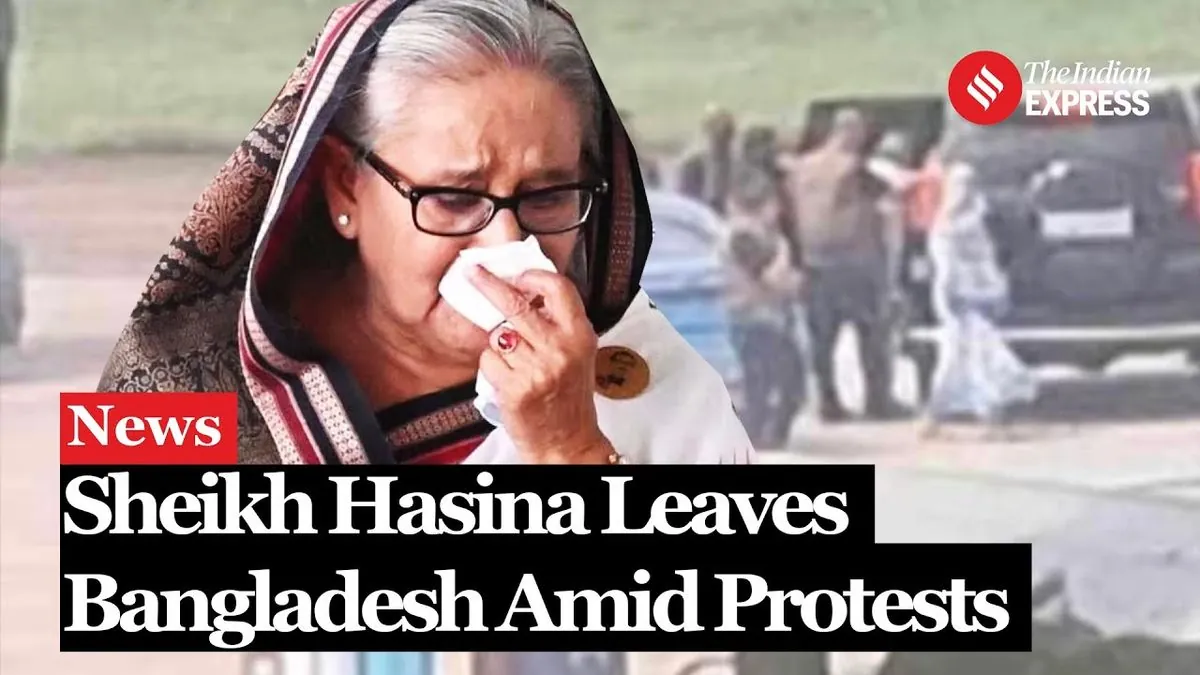In a dramatic turn of events, Sheikh Hasina, Bangladesh's long-serving Prime Minister, abruptly fled to India on August 5, 2024, amid escalating protests and violence across the nation. The sudden departure of the leader, who had governed Bangladesh for 15 of the past 30 years, was precipitated by a crucial decision made by the country's military leadership.
On the evening of August 4, Gen. Waker-Uz-Zaman, the army chief, convened an online meeting with his generals. During this discussion, a pivotal decision was reached: the army would not use force against civilians to enforce a nationwide curfew. This resolution was promptly communicated to Hasina's office, signaling a significant shift in the military's stance.
The protests, which began in July 2024, were initially triggered by a court ruling regarding government job reservations. However, they quickly evolved into a broader movement calling for Hasina's removal from office. The situation reached a critical point on August 4, when at least 91 people lost their lives in nationwide clashes, marking the deadliest day of the unrest.
Bangladesh, a nation of approximately 170 million people, has experienced rapid economic growth in recent years, becoming one of Asia's fastest-growing economies. However, high youth unemployment and political tensions have contributed to the current unrest.
Hasina's decision to flee came after it became clear that she no longer had the army's backing to maintain control. On August 5, as tens of thousands of protesters defied the curfew and marched in Dhaka, Hasina and her sister boarded a Bangladesh Air Force C-130 transport aircraft bound for India.
The Indian government, which has historically maintained close ties with Hasina, received her at Hindon air base near Delhi. However, Indian officials reportedly conveyed that her stay should be temporary to avoid impacting future relations with Bangladesh's next government.
"At very short notice, she requested approval to come for the moment to India."
The abrupt end of Hasina's rule has sparked discussions about Bangladesh's political future. Nobel laureate Muhammad Yunus, whom protesters want to lead an interim government, has called for India to reassess its foreign policy regarding Bangladesh.
As Bangladesh grapples with this sudden political shift, the nation faces numerous challenges, including the impacts of climate change and the need to maintain its economic progress. The coming days will be crucial in determining the country's path forward and the nature of its future leadership.
